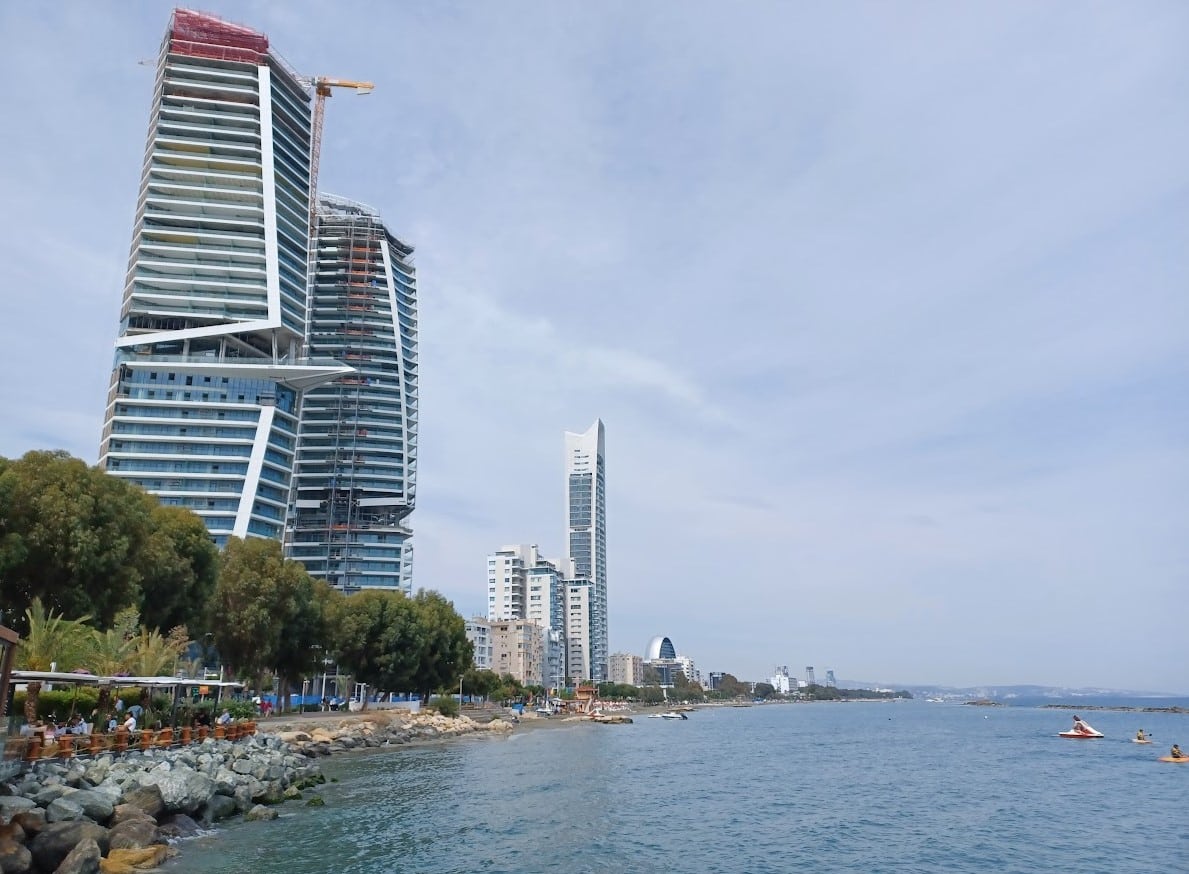Cyprus has seen a slight improvement in IMD’s world competitiveness rankings, moving from 45th to 43rd place among 67 evaluated countries, according to an announcement by the University of Cyprus’ Economics Research Centre (CypERC).
The research centre, along with the Cyprus Employers and Industrialists Federation (Oev), collaborates with the IMD World Competitiveness Centre of the IMD Business School in Switzerland, in the context of this evaluation.
The IMD World Competitiveness Yearbook 2024, which evaluates the competitiveness of 67 economies, highlighted that Cyprus’ improvement this year is mainly attributed to a significant enhancement in economic performance, primarily due to increased flows of foreign direct investment (FDI) into the country.
The substantial annual fluctuations in FDI flows, as well as the volume of investment relative to the size of the economy, affect the country’s ranking through its economic performance, making it relatively volatile.
The improved economic performance of Cyprus in this year’s assessment was also supported by a high growth rate in fixed capital investments, an increase in service exports, reduced inflation, a comparatively low cost of living, and historically strong performance in terms of the stock of direct investments.
In terms of government efficiency, Cyprus’ ranking slightly improved in 2024 due to strong fiscal performance and the country’s long-standing advantage in taxation.
In other categories that comprise the overall competitiveness ranking, Cyprus’ evaluations in 2024 remained as low as in 2023.
Moreover, for the fourth consecutive year, low business efficiency remains the most burdensome factor for the ranking, mainly due to weaknesses in managerial practices and the country’s image abroad.
Additionally, this year’s assessment highlighted more intensely than in previous years, deficiencies in the country’s basic infrastructure, including the energy sector, as well as weaknesses in the education sector.
However, past deficiencies identified in aspects such as technological infrastructure, digital transformation in businesses, and corporate social responsibility seem to be gradually improving.
Among the most notable improvements in the overall functioning of the economy identified in this year’s assessment are the increase in fixed capital investments (in real terms), the reduction in inflation, and the strengthening of the fiscal surplus (as a percentage of GDP).
Conversely, the slowdown in GDP growth (both total and per capita) and business dissatisfaction with the legislative framework for employing foreign labour and environmental regulations were among the criteria that worsened significantly compared to last year’s assessment.
Regarding government efficiency in 2024, Cyprus ranks 28th, moving up two places from 2023. This year’s rise was due to improvements in the subcategories of public finances, boosted by surpluses, and the institutional framework, such as upgrading the country’s credit rating, and a gradual reduction of bureaucracy.
On the other hand, Cyprus’ ranking slightly worsened in the subcategories of tax policy (e.g., tax revenues as a percentage of GDP), the legislative framework for businesses (e.g., legislation for employing foreign labour, threat to business activities from state ownership of enterprises), and the social framework (e.g., shrinkage of income for poorer households, gender inequalities).
Despite the deterioration, Cyprus continues to excel against most countries in criteria such as redundancy costs, new business density, corporate tax rates, and personal taxation. In the business efficiency category,
In this regard, Cyprus remained stagnant in 2024, being ranked 55th among all evaluated countries, the same position it held in 2023.
This year’s ranking identifies serious weaknesses in criteria related to businesses’ awareness of changing market conditions, the ability of boards of directors to exercise effective control, the use of large databases and analytics in business decision-making, and the country’s branding abroad.
In terms of infrastructure, Cyprus ranks 42nd out of 67 countries, remaining at the same level as in 2023.
The greatest deterioration was noted in the basic infrastructure subcategory, where the country ranks among the worst, due to worsening criteria related to water resource management and urban management, as well as serious deficiencies in energy infrastructure and production.
Furthermore, in 2024, Cyprus showed improvement in the technological infrastructure subcategory, as weaknesses identified in previous assessments, such as the low percentage of mobile broadband subscribers and inadequate cybersecurity, seem to be gradually being addressed. The country continues to excel against most countries in ICT service exports.






Click here to change your cookie preferences